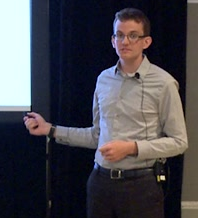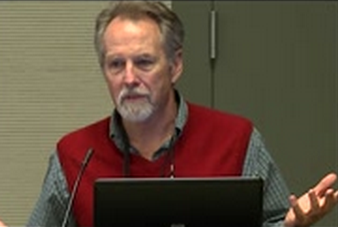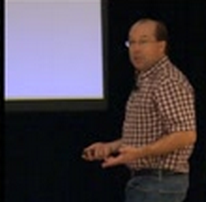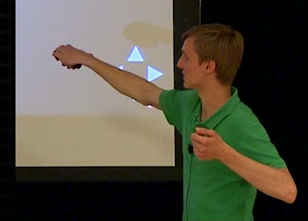CppCon 2014 Boost.Asio and Boost.Serialization, Part II--Bryce Adelstein-Lelbach
 While we wait for CppCon 2015 in September, we’re featuring videos of some of the 100+ talks from CppCon 2014. Here is today’s feature:
While we wait for CppCon 2015 in September, we’re featuring videos of some of the 100+ talks from CppCon 2014. Here is today’s feature:
Boost.Asio and Boost.Serialization, Part II
by Bryce Adelstein-Lelbach
Summary of the talk:
Network programming in C++ frequently requires programmers to find a way to express C++ objects as a sequence of bytes which can be transmitted and reconstructed on another network endpoint. In the case of simpler objects (such as most PODs), object serialization is trivial to perform.
For more complex C++ constructs (polymorphic objects, etc), the approach to serialization is more challenging. This talk will discuss how two powerful Boost libraries, Asio and Serialization, can be used to craft C++ networking code that can handle a vast array of uses cases. A prototype for a message passing framework will be developed throughout the talk.
Programmers familiar with or interested in network programming (but perhaps unfamiliar with Boost.Asio, Boost.Serialization or both) are the intended audience. No prior knowledge of Boost.Asio and Boost.Serialization will be assumed, and alternatives to both libraries will be discussed.

 While we wait for CppCon 2015 in September, we’re featuring videos of some of the 100+ talks from CppCon 2014. Here is today’s feature:
While we wait for CppCon 2015 in September, we’re featuring videos of some of the 100+ talks from CppCon 2014. Here is today’s feature: Come see a nice product review:
Come see a nice product review: While we wait for CppCon 2015 in September, we’re featuring videos of some of the 100+ talks from CppCon 2014. Here is today’s feature:
While we wait for CppCon 2015 in September, we’re featuring videos of some of the 100+ talks from CppCon 2014. Here is today’s feature: While we wait for CppCon 2015 in September, we’re featuring videos of some of the 100+ talks from CppCon 2014. Here is today’s feature:
While we wait for CppCon 2015 in September, we’re featuring videos of some of the 100+ talks from CppCon 2014. Here is today’s feature: